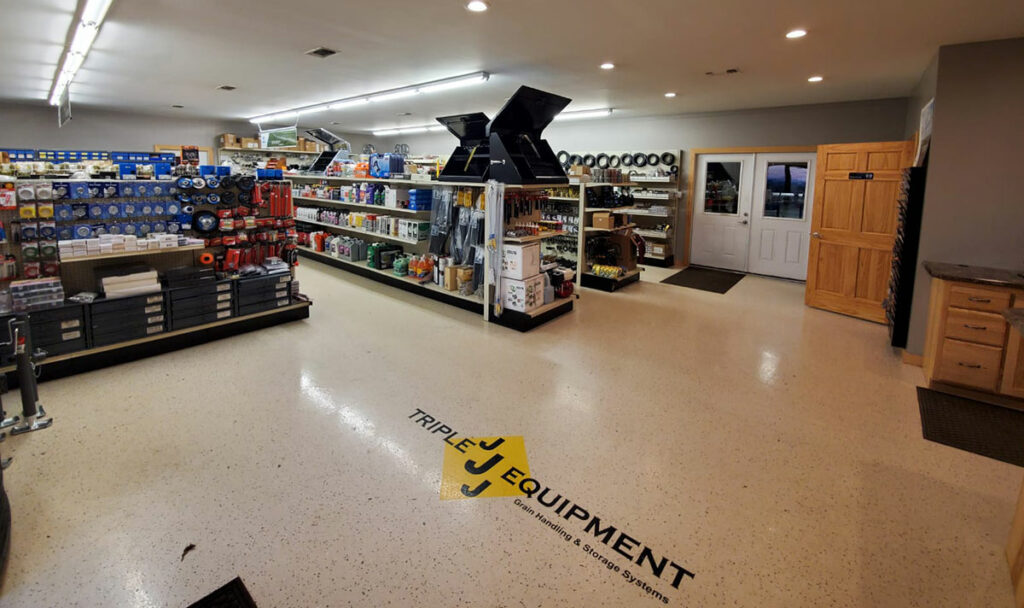- 0
Well Drilling And Things You Need To Know Before You Start
The location of your well can affect the drilling results. The professionals will drill the well quickly and without any difficulty, if you live in an area with a high water table.
If your area is low in water or has high levels of silt, clay, or bare bedrock, drilling specialists will need to use advanced techniques. The basic drilling equipment might not be able to pass through if the site is clogged with large rocks. You can get more info about farm tools and equipment if you are looking to purchase them.

The drilling machine may not be able to pass through soil that contains large amounts of sand. However, it might shift the sand back in. Sand can also lower the quality of underground water.
To determine the best well type for your soil, specialists may need to dig a test pit. The specialists will also use treatment strategies to remove any contaminants from the water, making it safe for consumption.
Water service providers monitor water quality and don't require people to test their water. If you drill a well, however, you will need to test the water every so often.
Your water could become contaminated with pesticides, fertilizers, and other harmful materials from your farm, or the landfills. These elements can penetrate the ground and contaminate groundwater. They are then pumped from your water well to your taps.
Good drilling professionals may also need to test the water in your area before drilling the well. You will need to take a sample of water from the neighbor's well. Experts can help you manage contaminants if the water quality is poor.
